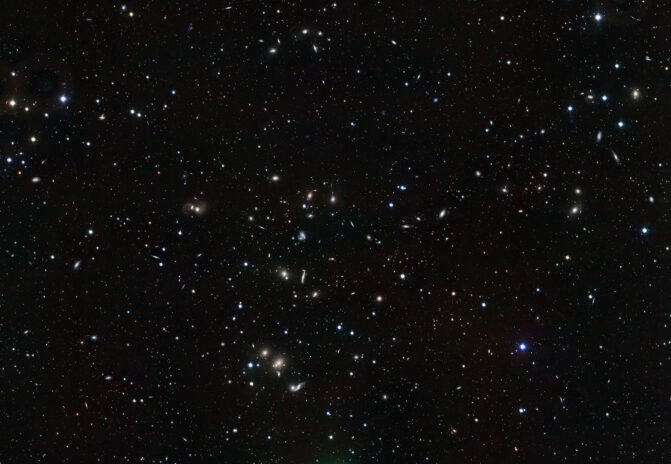Is Earth Really an Early Bird?
If humans represent the crown jewel of God’s creation, why did it take billions of years for us to come into the picture? Many people raise this question as an objection to God’s existence. How would you answer?
From a Christian perspective, we have to recognize that God has other purposes for creation, including some that don’t necessarily relate to humanity. As any good engineer knows, designing a system with multiple purposes almost always has specific compromises to ensure the best overall performance. Given our knowledge of the universe, it is reasonable to conclude that the “late” appearance of humanity may simply reflect a compromise in God’s overall design. Additionally, scientific studies provide more perspective by looking at the timescale of how things in the universe have developed.
For instance, we assume that a few billion years is a long time and from a human perspective, it is. However, at the time of Earth’s formation, roughly 8 percent of all eventual “habitable” planets had formed. Given that planets will continue to form for another 100 billion to 1 trillion years, humanity arrived relatively early. Earth formed when the universe was 9 billion years old, but over the next few hundred billion years the population of Earth-like planets will increase by more than ten times the current number! From this perspective, Earth is actually an early bird.
Considering the fundamental workings of the cosmos, it is important that humans arrived early on the scene, but not too early. Humanity requires a solid, rocky planet that sustains active plate tectonics and hosts abundant liquid water on its surface. Sustained plate tectonics require adequate amounts of uranium and thorium. Therefore, the solar system should have formed around the time when the star formation rate produced the maximum amount of these radioactive elements—and it did!
It’s worth mentioning that God could have orchestrated the laws of physics differently for the universe. Given the laws he did choose, the environment required to birth a truly habitable planet with adequate liquid water appeared only after many stars had formed and died. In light of the laws of physics, humanity’s arrival after a few billion years makes good sense.
The question we started with reminds me of those commercials where a 10-year-old kid makes a statement like “I’ve been waiting my whole life for this.” From the kid’s perspective, a few years seems like a long time to wait. As adults, we recognize that a few years really isn’t that big of a deal in the grand scheme of things. In the same way, Earth’s appearance billions of years after the start of the universe isn’t a flaw in design—it’s good timing.
Endnotes
- Peter Behroozi and Molly Peeples, “On the History and Future of Cosmic Planet Formation,” Monthly Notices of the Royal Astronomical Society 454 (December 2015): 1811–17, doi:10.1093/mnras/stv1817.





